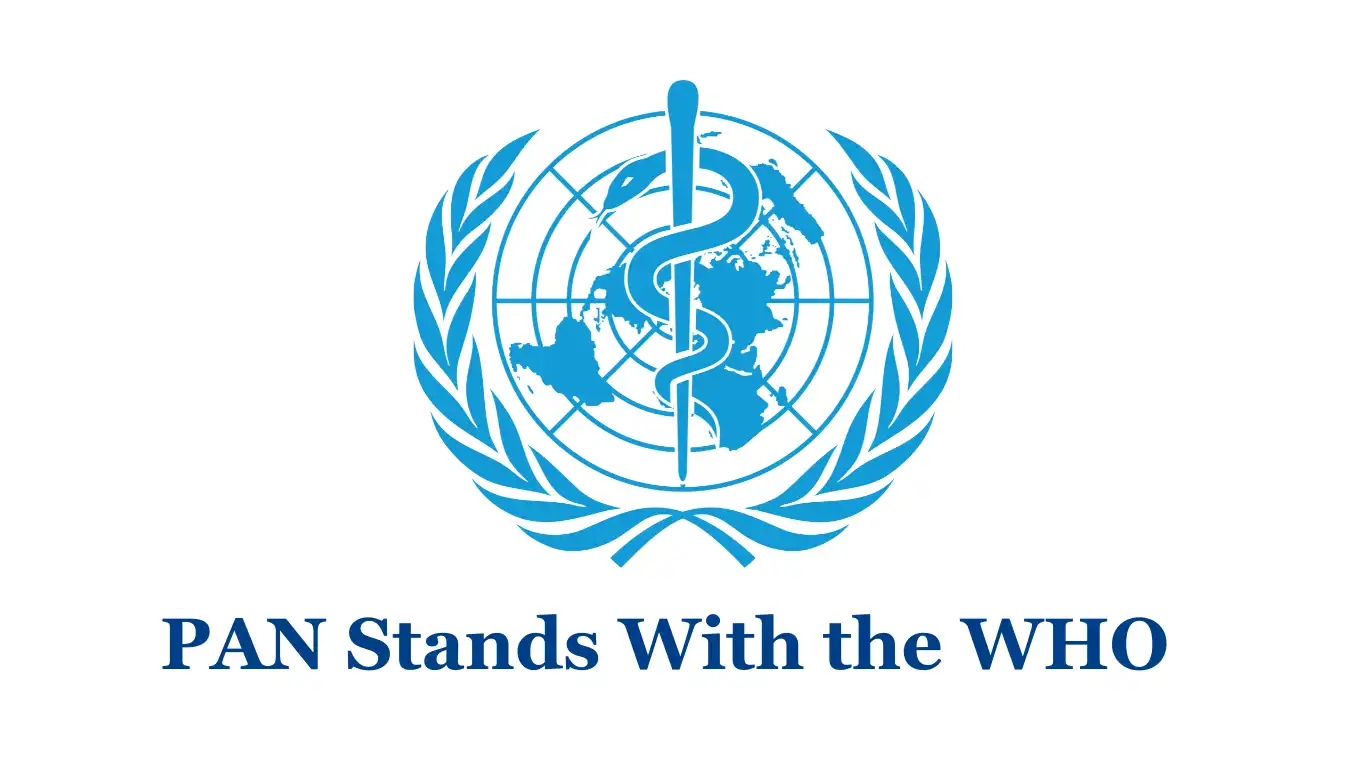The direct health impact of climate change driven by fossil fuel emissions is already devastating. The triple planetary pollution crisis, biodiversity loss, and climate change exacerbate the impact. The World Health Organization (WHO) predicts that between 2030 and 2050, climate change is expected to cause approximately 250,000 additional deaths per year.
There is no doubt that Africa is the continent most vulnerable to climate change. Climate change is increasing the vulnerability of our ecosystems, accelerating the spread of diseases, and reshaping the trajectory of Africa’s future.
Given the interconnected nature of climate change on health, and growing pandemics affecting the most vulnerable communities, there is no better time than now to recognize “health as the human face of climate change” and crucially to set out clear targets to tackle these issues systematically and underscore the imperative for collective action. Governments must also adapt to a warming world by investing in climate- and pandemic-resilient health systems and supply chains — not only at the domestic level but also regionally and globally.
Authored in partnership with Africa CDC and Henry M. Jackson Foundation for the Advancement of Military Medicine, Pandemic Action Network’s paper in the Journal of Public Health in Africa highlights the ways climate change affects pandemic risks, health, and health systems. Building on the Africa CDC’s New Public Health Order, the authors set out an agenda for action, calling for a new global expert Commission, overhaul of the global financial system, and emergency response strategies that would advance a pandemic-resilient and climate-resilient future in Africa.
Read the paper.



